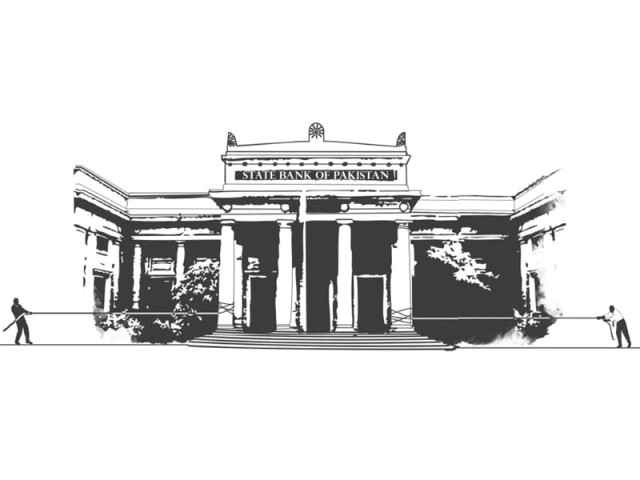Silent witness: Piacentini siblings talk about the importance of keeping history alive
State Bank’s museum and art gallery organised a conference ‘Archival and Scientific Sources’.

An Italian national, Dr Valeria Fiorani Piacentini, feels quite at home in Pakistan. She said she doesn’t feel culturally alienated because the people of Pakistan and Italy had many things in common.
Dr Piacentini is a political science professor at Catholic University of the Sacred Heart in Milan. She has been spending time in Pakistan off and on since 1987.
On Saturday, Dr Piacentini and her brother, Prof. Dr Mario Piacentini, who is associated with the department of fundamental and applied sciences for engineering at University of Rome, spoke at a conference titled “History through Archival and Scientific Sources” organised by the State Bank of Pakistan’s museum and art gallery department. It was presided over by the dean and director of Institute of Business Administration, Dr Ishrat Husain. The SBP governor, Yaseen Anwar, was the chief guest.
The Piacentinis talked about their research papers. Mario said that the civilisations from different religious, cultural and artistic backgrounds ultimately merge into a cosmopolitan cultural atmosphere.
Valeria said that the Italian city-states back in the 13th century were the first European establishments to engage directly in this global cultural network through trading directly with the oriental countries via the Mediterranean Sea. “The legendary wealth of the Orient was bound to attract the attention of European merchants who were anxious to market their growing supplies of felt to the amazing riches of the lands of Sindh, Hind, Tatars and China,” she said.
This trade helped the Europeans see the roots of the oriental civilisations since they dealt with the people, pointed out Valeria. The records in Italian archives confirm from Arabic and Persian sources on this “eastern reality” – the centrality of Kij-Makran region and Sindh in the international network of land and sea trades.
Mario enlightened the audience on how the technical investigations not only assist in writing history but also solve the riddles of history accurately. “We should not forget how rapidly the relationship between history and science is developing. At the same time both also complement each other.”
The professor shared with the audience what he does himself. “Whenever I am in front of a piece of cultural heritage, either it is a building or a monument, I myself - when, where, how was it made? What was it used for? How can it be restored and preserved for the future generations?” Lauding the papers of the Italian experts, SBP Governor Yaseen Anwar said that Mario’s talk not only proved the importance of archives for recording history but it also proved how they were the silent witnesses of our past. “If we did not have archives we would not have any witnesses to our history,” he said. “They are part of a society’s cultural and intellectual heritage and contribute to the formation of a nation’s collective memory.”
The IBA’s dean and director, Dr Ishrat Husain, described SBP’s museum as one of the most outstanding museums of the country where collection spanned the history of coins from 600 BC to 2010 AD. Among the audience, an Italian educator, Maria Paola was also present. For almost three decades Paola has been working with the deaf community of Pakistan. She thought that as long as we succeeded in bringing people nearer to knowledge we would make a difference.
Published in The Express Tribune, June 3rd, 2012.



















COMMENTS
Comments are moderated and generally will be posted if they are on-topic and not abusive.
For more information, please see our Comments FAQ